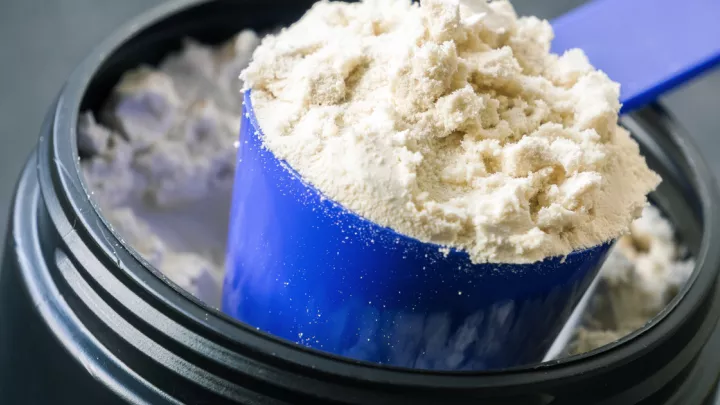What's the beef? The impact of red meat and protein on cancer risk

Protein is a crucial nutrient during and after cancer treatment – helping maintain muscle mass and prevent unintentional weight loss. Still, not all protein sources are equal, and there’s some evidence that indicates specific sources of protein, such as processed red meat, may be associated with an increased risk of cancer. While this risk doesn’t mean you need to avoid red meat entirely, there are various forms of red meat and differing preparation methods that could adversely impact cancer risk.
Processed vs. minimally processed red meat
Red meat comes from beef, pork, lamb, horse, and goat. The processing method of red meat may impact its cancer risk. Generally, you should opt for minimally processed sources instead of more processed ones.
Processed meats include:
- Hot dogs
- Bacon
- Sausage
- Pepperoni
- Salami
- Bologna
- Jerky
Minimally processed meats include:
- Steak
- Pork chop
- Ground beef
- Whole cuts (like roasts, shoulder, loin)
Red meat preparation methods
You also want to consider the preparation methods of meat, as some are associated with increased cancer risk. Experts recommend you cook meats at lower temperatures and avoid direct contact with fire to reduce the risk of producing cancer-causing compounds.
Recommended preparation methods include:
- Stewing
- Steaming
- Baking
- Braising
- Sous vide
Preparation methods you should avoid include:
- Frying
- Grilling
- Smoking
- Raw (due to increased risk of foodborne illness)
Nutritional benefits of red meat
Despite the potential risks, there are multiple benefits to eating red meat. For example, it’s an excellent protein source and provides iron, zinc and vitamin B12.
How much red meat can I eat?
The American Institute for Cancer Research recommends you eat about three portions or less per week. They define one portion as four to six ounces. For reference, three to four ounces is approximately the size of your palm. While you don't need to excise red meat entirely, it should be just one part of a balanced diet. Opt for other sources besides red meat (listed below) to ensure you consume enough protein. Many of these different sources include the same nutrients as red meat.
Other sources of protein
Other sources of protein – besides red meat – include:
- White meat (chicken, turkey and fish)
- Eggs
- Dairy products (cheese, yogurt and milk)
- Beans
- Tofu
- Nuts
- Seeds
Daily protein intake
Protein needs are specific to each person depending on age, size and medical history. If you're currently in treatment for cancer, you may have higher protein needs. You can work with a registered dietitian to determine your individual needs.







